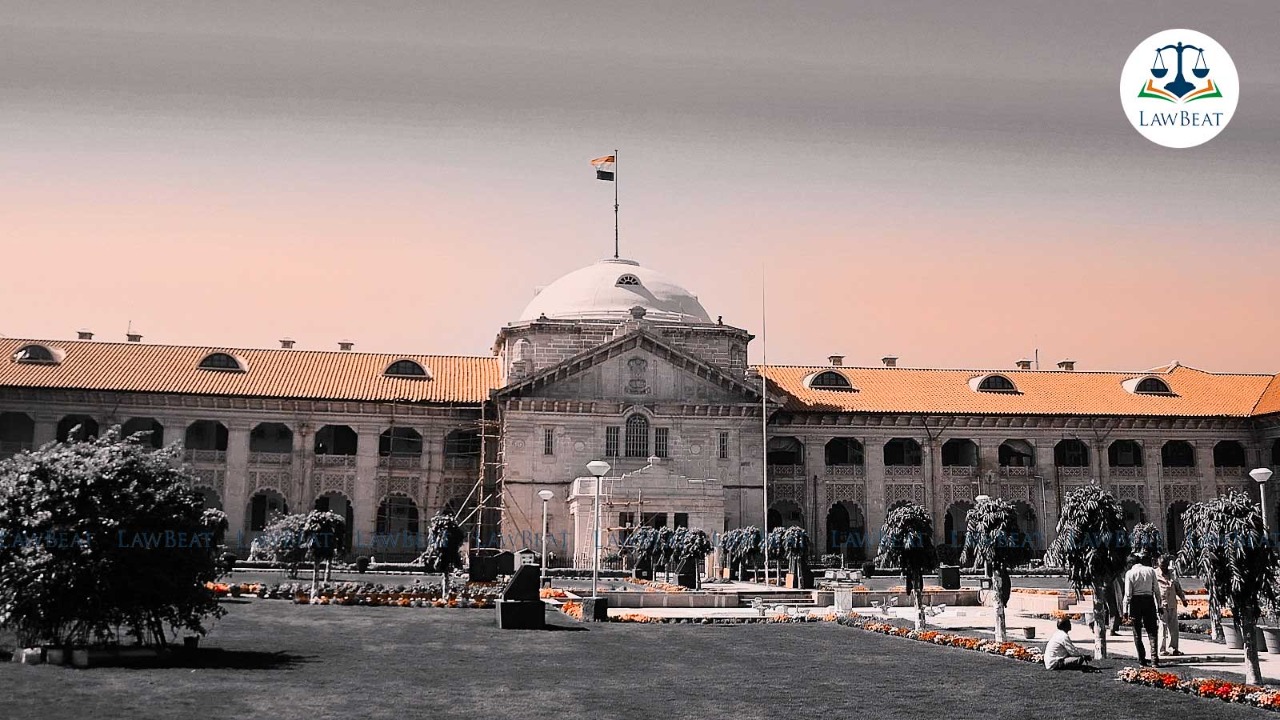A woman can also be held guilty of gang rape if she facilitated it: Allahabad High Court

Court said that the term 'persons' in Section 376-D IPC should not be interpreted in a narrow sense and it will include a woman as well.
A single judge bench of the Allahabad High Court recently ruled that though a woman can not commit the offense of rape, if she facilitated the act of rape with a group of people then she may be prosecuted for 'gang rape'.
The bench comprising Justice Shekhar Kumar Yadav observed thus in view of amended provisions of Section 375 to 376E of the Indian Penal Code (IPC) by Act 13 of 2013 of the IPC, 1860.
Section 376-D of the IPC is a distinct and separate offence of 'gang rape'- according to which- where a woman is raped by ‘one or more persons’ constituting a group or acting in furtherance of a common intention, each of those persons shall be deemed to have committed the offence of rape and shall be punished.
The single judge bench held that this provision embodies a principle of joint liability and the essence of that liability is the existence of common intention.
The judge also emphasized that the term "person" used in the Section should not be construed in a narrow sense. For the definition of the term, he referred to Section 11 of the IPC as well as the Shorter Oxford English Dictionary and observed that a 'person' includes any "company or association or body of persons" whether incorporated or not and it means "an individual human being" or "a man, woman, or child".
Therefore, in view of the aforesaid facts, the judge held that a woman can also be held guilty of gang rape if she has facilitated the act of rape with a group of persons.
The court was dealing with an application filed by one Suneeta Pandey for quashing the summoning order passed against her. The accused had been summoned to face the trial under Section 376-D, 212 of the IPC.
As per the FIR, the incident took place in 2015 when the 15-year-old daughter of the informant had been enticed away and raped. In her statement recorded under Section 161 and 164 CrPC, the victim had stated that the woman was involved in the alleged incident. Although the accused woman was not named in the chargesheet, later she was summoned to face trial for gang rape.
The counsel for the accused woman argued that the trial court had wrongly summoned her to face trial for gang rape as she was a lady and therefore, no case under Section 376-D IPC was made out against her.
He also contended that a woman cannot commit rape and therefore, she cannot be prosecuted for gang rape because woman cannot be said to have "an intention" to commit rape.
In support of his submission, he relied upon a decision of the Supreme Court in Priya Patel Vs. State of M.P. and another, (2006) wherein it was held that a woman cannot be prosecuted for the alleged commission of offence of gang rape.
However, the court opined that though Section 375 IPC & 376 IPC provide that the act of rape can only be done by a ‘man’ and not by 'any woman', a woman can be prosecuted under Section 376-D IPC if she helped the other accused persons who did commit the gang rape.
Accordingly, court rejected the woman's plea.
Case Title: Suneeta Pandey v. State Of U.P. And Another
Statute: Section 376-D Indian Penal Code
